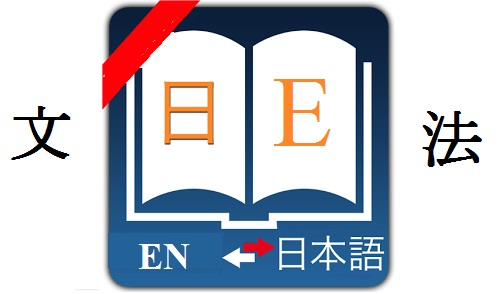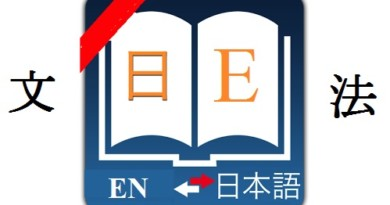Japanese 由 よし grammar yoshi

Let’s learn Japanese 由 よし grammar yoshi :
JLPT level : N1
Formation :
N(と)の由
V thể rút gọn+由
Meaning and how to use :
Expresses the meaning “hear that..”. To objectively convey the information.
Examples:
奥様はご退院になった由、本当におめでとう御座います。
Okusama ha go taiin ni natta yukari, hontouni omedetou gozai masu.
I heard that your wife got out of the hospital, congratulations!
あの辺はもうすぐ激しく寒くなる由、風邪を引かないように気をつけてください。
Ano atari ha mousugu hageshiku samuku naru yoshi, kaze o hika nai you ni ki o tsuke te kudasai.
I heard that region will soon get cold, so please be careful not to catch a cold.
お子様は大学に合格した由、お祝辞を申しあげたいんです。
Okosama ha daigaku ni goukaku shi ta yukari, o shukuji o moushiage tai n desu.
I heard that your daughter graduated university, so I want to send my congratulations.
あなたが病気の流行するとき元気でおすごしになった由、お喜びもうしあげます。
Anata ga byouki no ryuukou suru toki genki de o sugoshi ni natta yukari, o yorokobi moushiage masu.
I heard that you went through with your sickness, I’m very glad.
おばあさんはお亡くなりになった由、本当にお悼みします。
Obaasan ha o nakunari ni natta yukari, hontouni o itamishi masu.
I heard that your grandmother passed away, I’m sorry.
Note: This is a polite, formal structure that is mostly used in letters.
Related structures :
above is Japanese 由 よし grammar yoshi. if you don’t understand the signs we used in fomation, you can find their meaning here : signs used in Japanese grammar structures.
You can search the structure you want by using the search tool on our website (using key : grammar + ‘structure name’ or you can find more Japanese grammar structures in the following category : Japanese grammar dictionary
